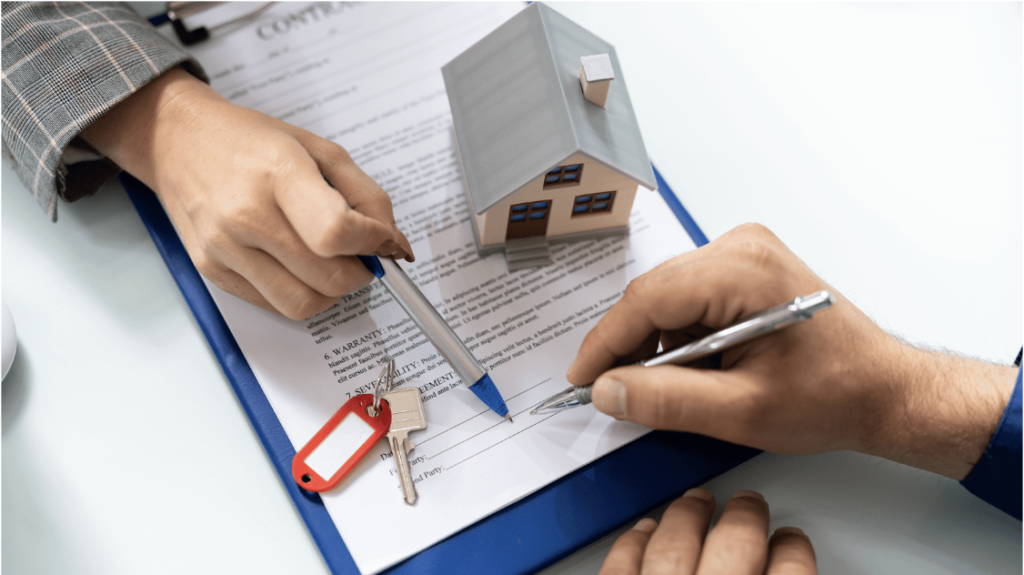Buying a home is one of life’s most significant milestones, and it’s essential to make well-informed decisions to protect your investment. A crucial aspect of this process is a home buyer’s survey, which provides valuable insights into a property’s condition. In this guide, McPartland & Sons will explore what house surveys entail, the various types available, and the associated costs.
Understanding House Surveys
A house survey is a detailed inspection of a property conducted by a professional surveyor. The surveyor compiles a comprehensive report highlighting any issues they discover during their examination. The depth of this assessment can vary based on the type of survey you choose.
Different Types of House Surveys
There are three main types of house surveys to consider:
- Condition Report (Level 1): This is the most basic type of survey and is suitable for new-build homes or properties in good condition. It assesses the condition of different parts of the property using a simple traffic light system: green indicates good, amber suggests potential problems, and red signifies the need for significant repairs. Notably, this type of report does not provide a valuation.
- Homebuyer Report (Level 2): According to the Royal Institute of Chartered Surveyors, this is the most popular choice. It is appropriate for properties in reasonable condition and includes a non-intrusive inspection of visible areas. Keep in mind that issues hidden beneath floorboards or furniture will not be detected. For a more detailed assessment, consider a Building Survey.
- Building Survey (Level 3): Also known as a Structural Survey, this is the most comprehensive report and is suitable for older or poorly maintained properties. It provides an in-depth analysis of the building’s structure and condition. The final report outlines necessary repairs and provides an approximate cost estimate. This survey covers all accessible areas of the property, including windows, roofs, garages, and attics.
Survey Costs
The cost of a house survey depends on several factors, including property size, location, and the level of detail required:
- Level 1: Prices start at £250 but may vary based on property size.
- Level 2: Starting prices are around £400, with an additional £150 for a valuation report. Prices can change based on property size.
- Level 3: Expect to pay between £600 and £2,000 for this comprehensive survey, with size factored into the final price.
Finding a Qualified Surveyor
To ensure you hire a qualified, professional, and knowledgeable surveyor, consult the Royal Institute of Chartered Surveyors (RICS) website for trusted recommendations.
Do You Need a House Survey?
While house surveys are optional, they can save you time and money, providing valuable peace of mind. Depending on the survey results, you may negotiate the purchase price or even decide not to proceed with the property purchase if the issues are significant or costly to address.
Whether you’re considering a new-build or an older property, choosing the right survey type and a qualified surveyor will ensure you have all the information you need to make a confident and well-informed property purchase decision. When moving home, you must have all the bases covered, H McPartland & Sons conveyancing experts offer peace of mind during this stressful time. Get in touch with our Lurgan or Lisburn office for more information.
Related Blogs:

